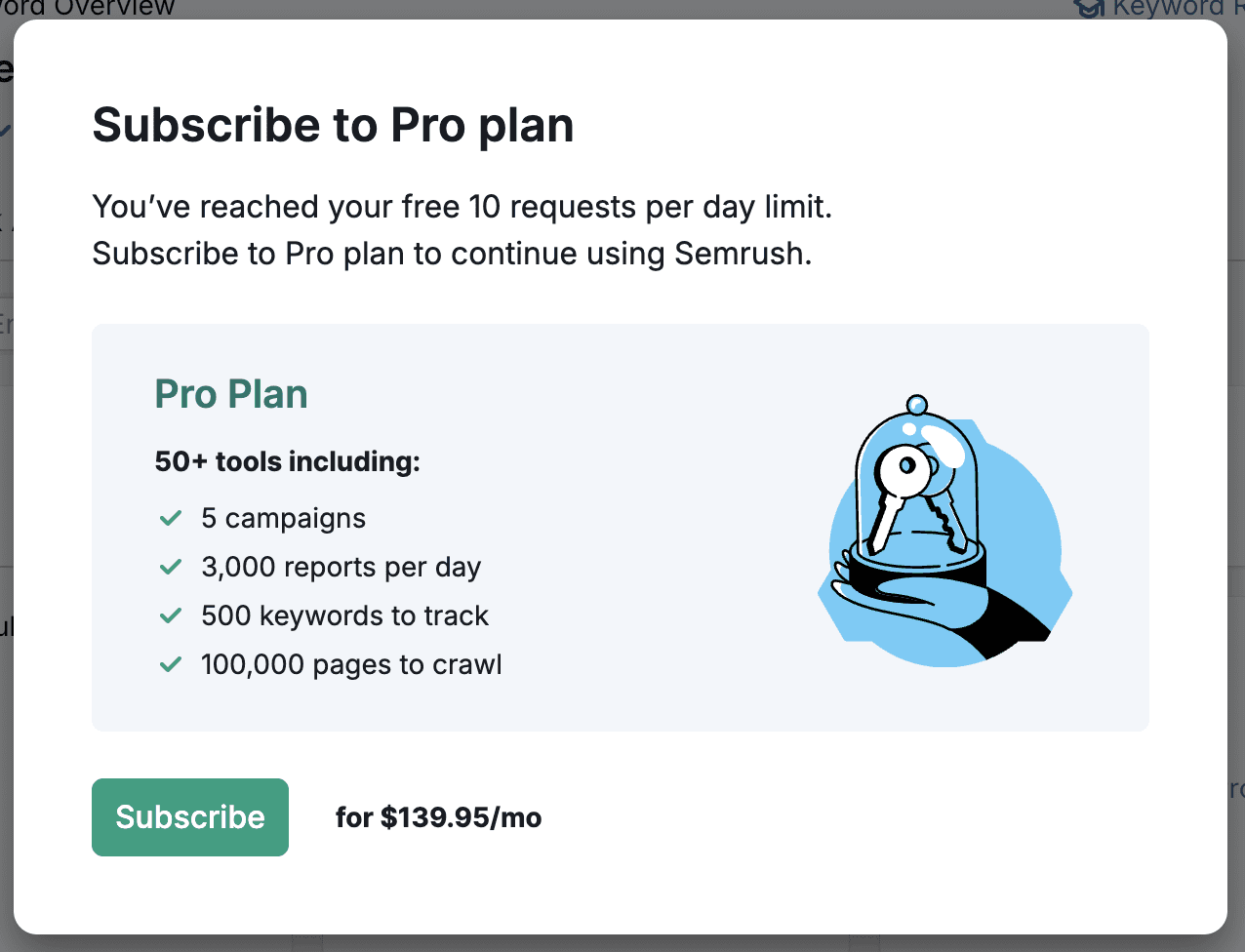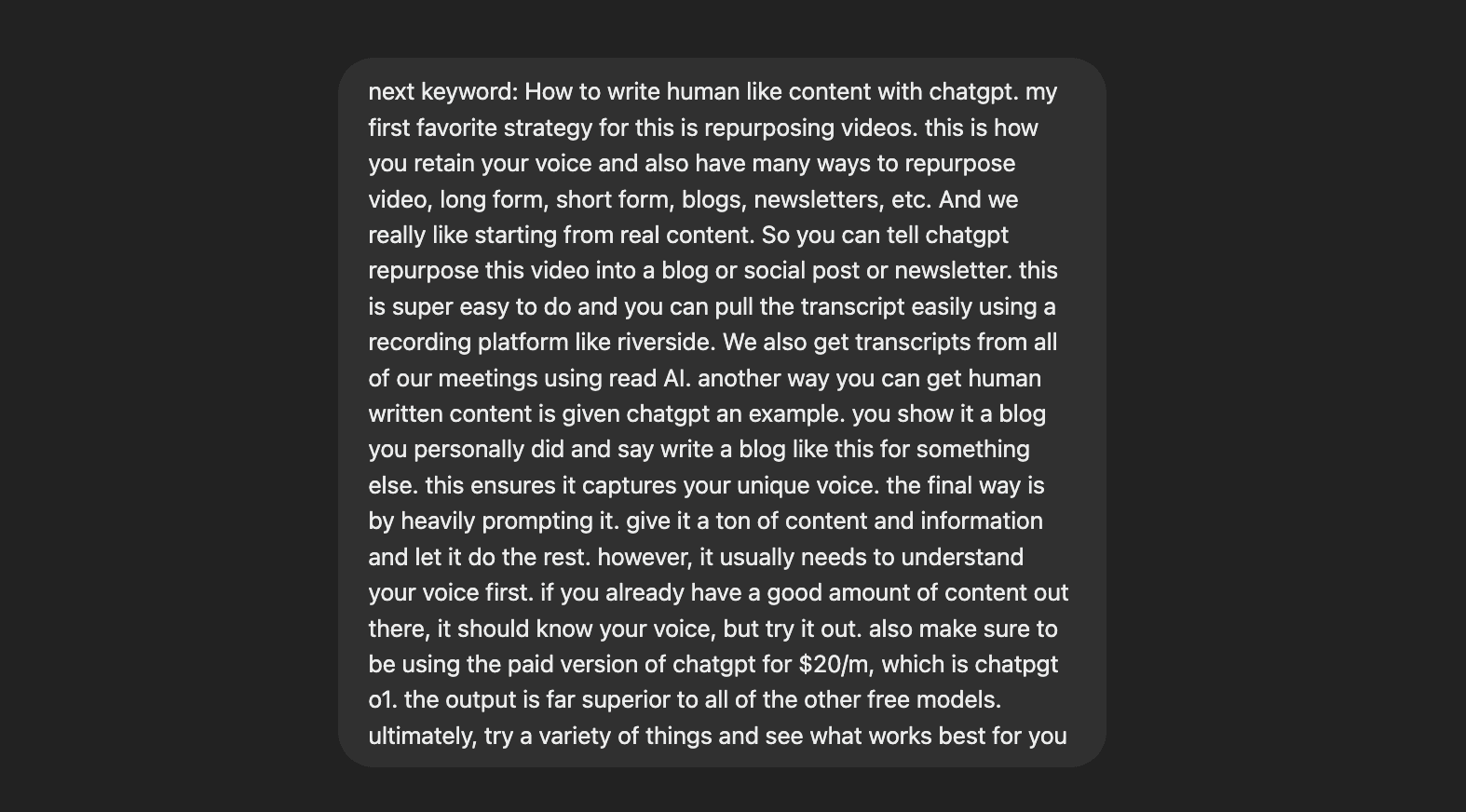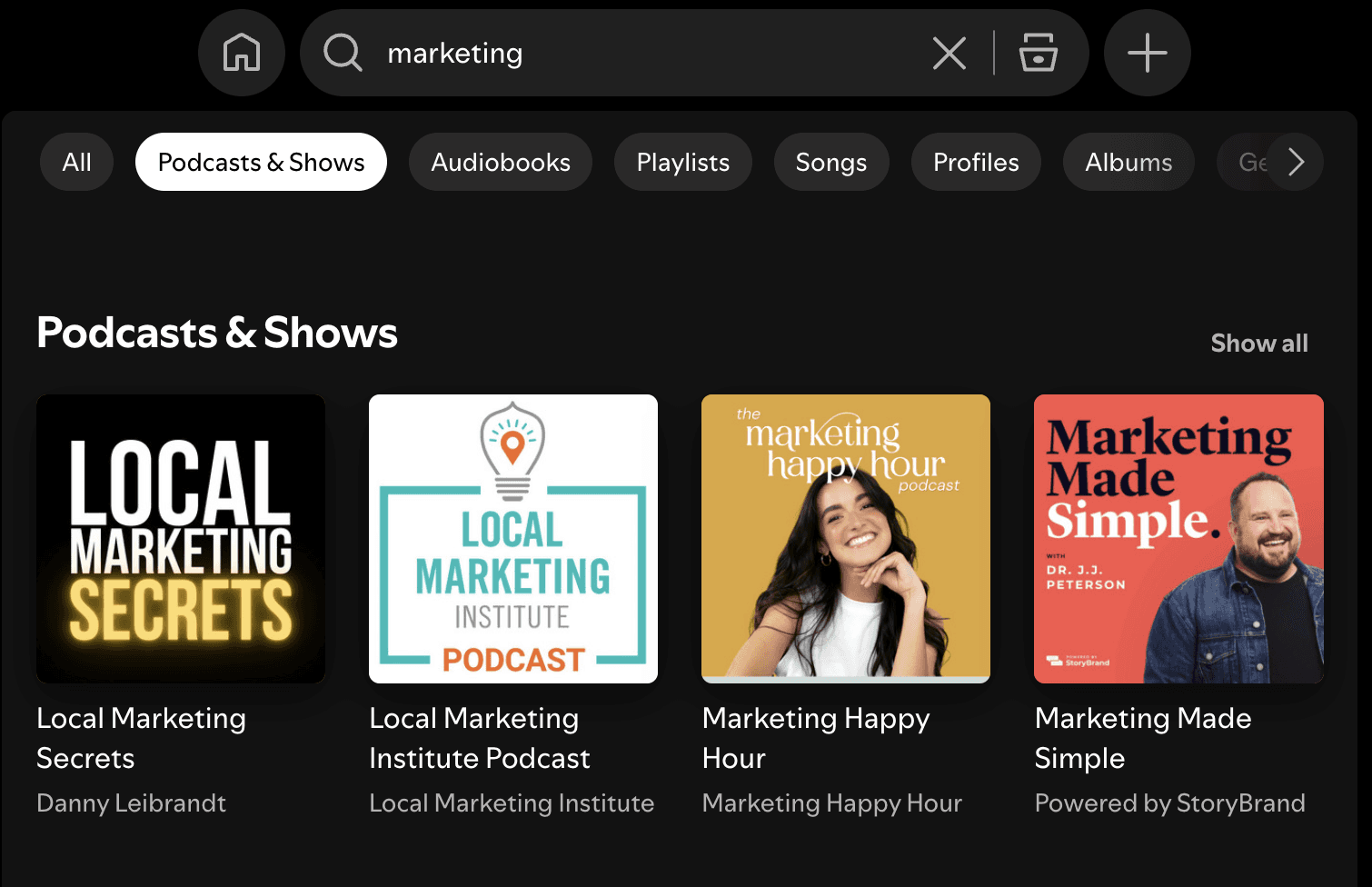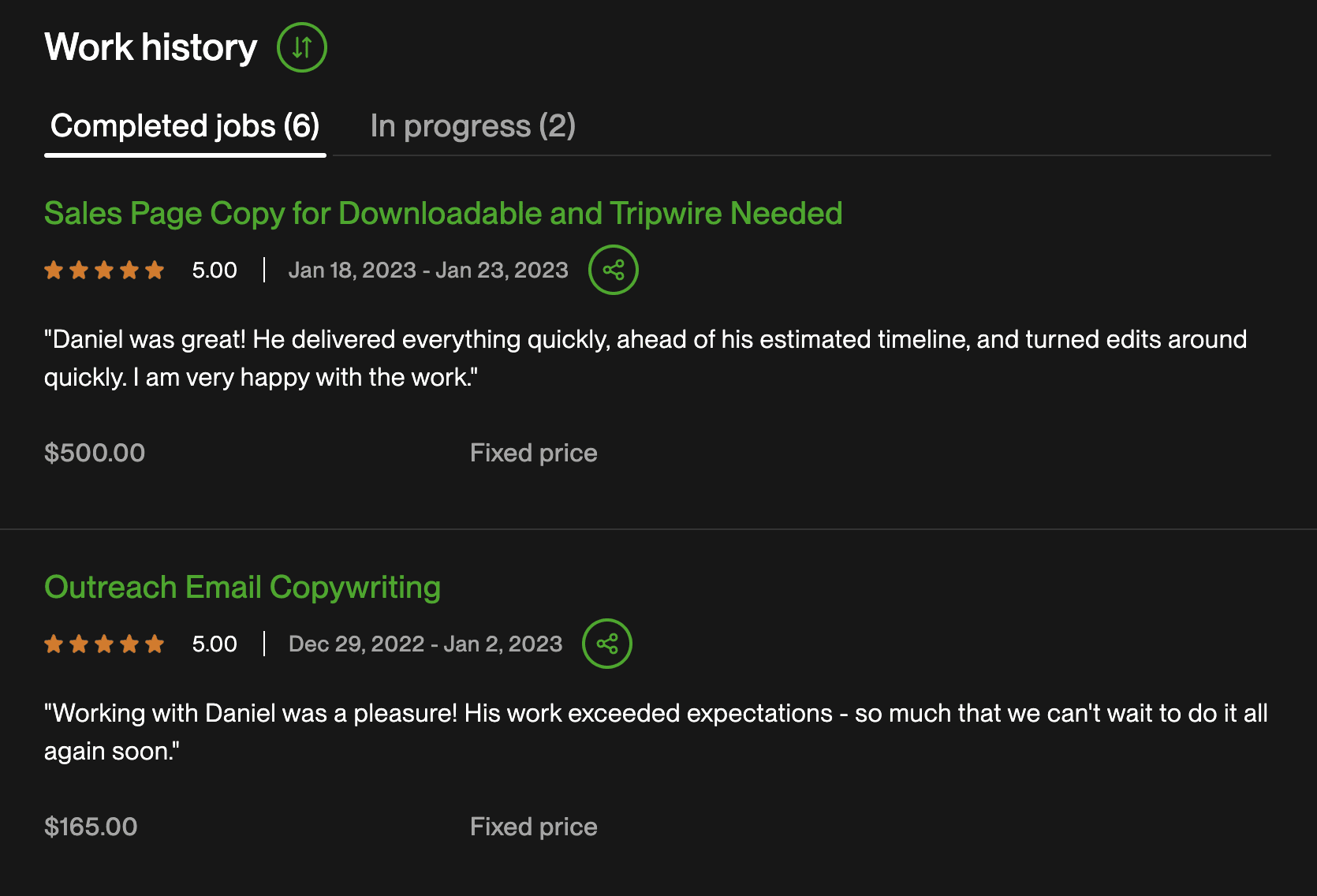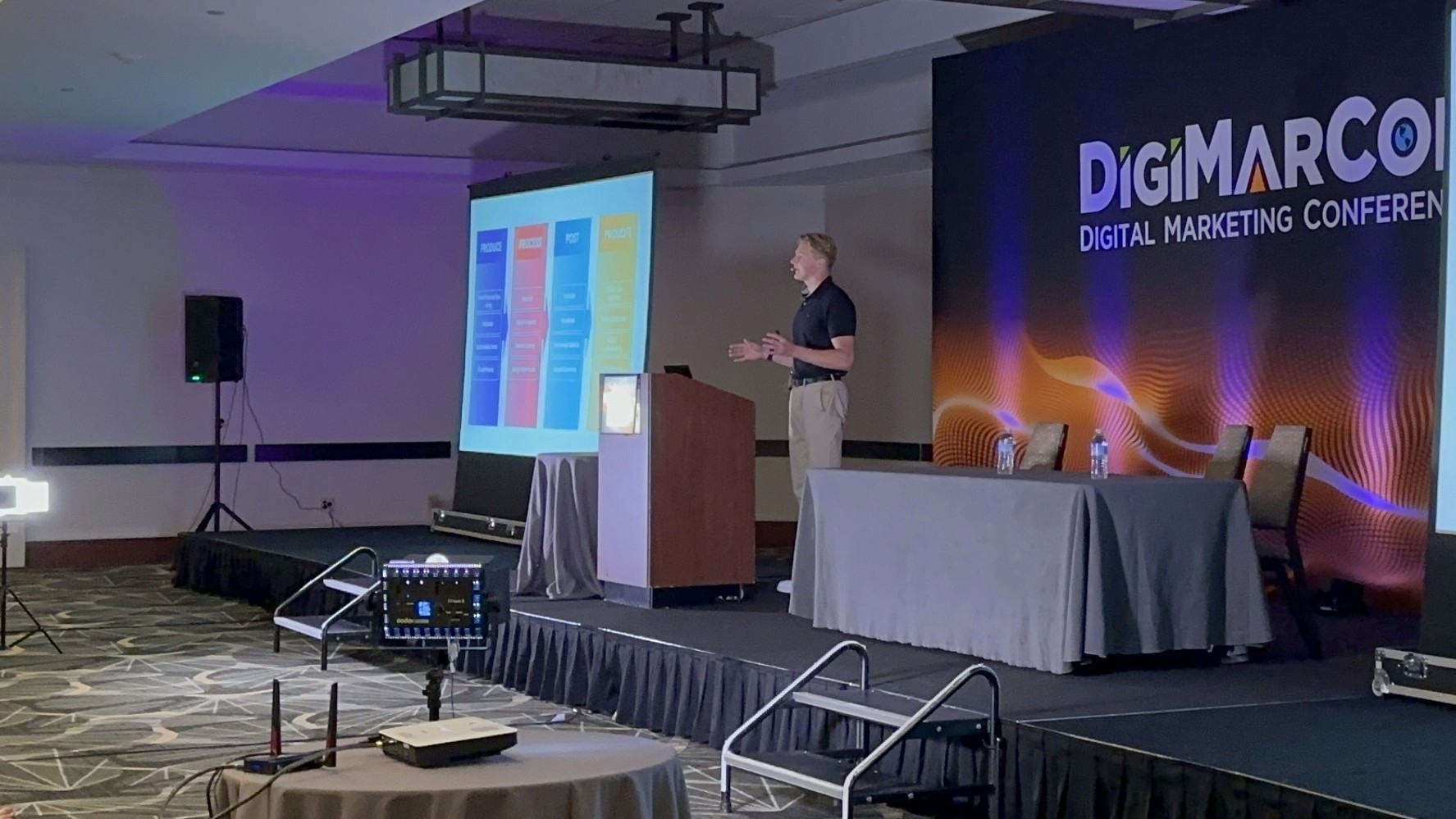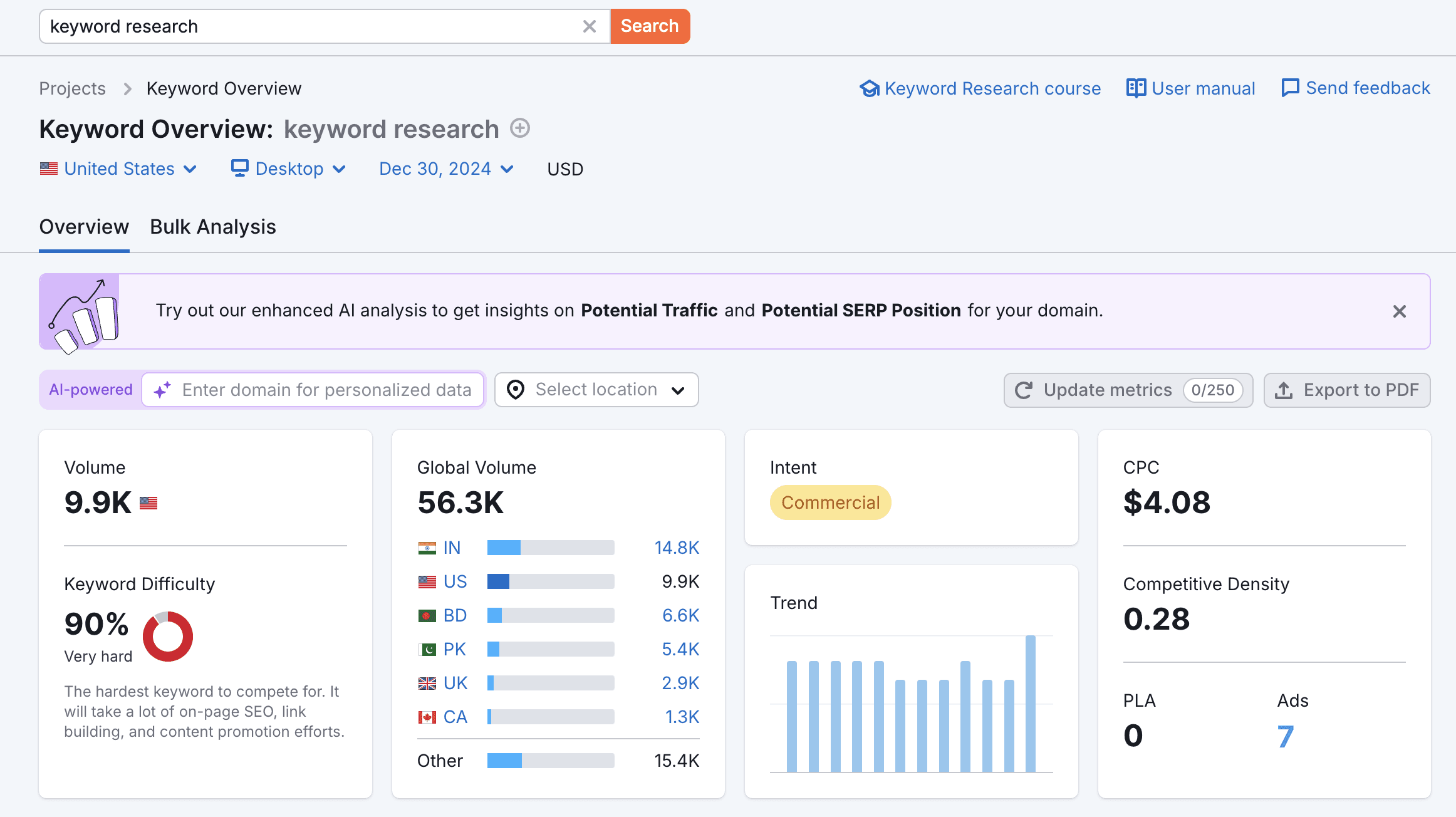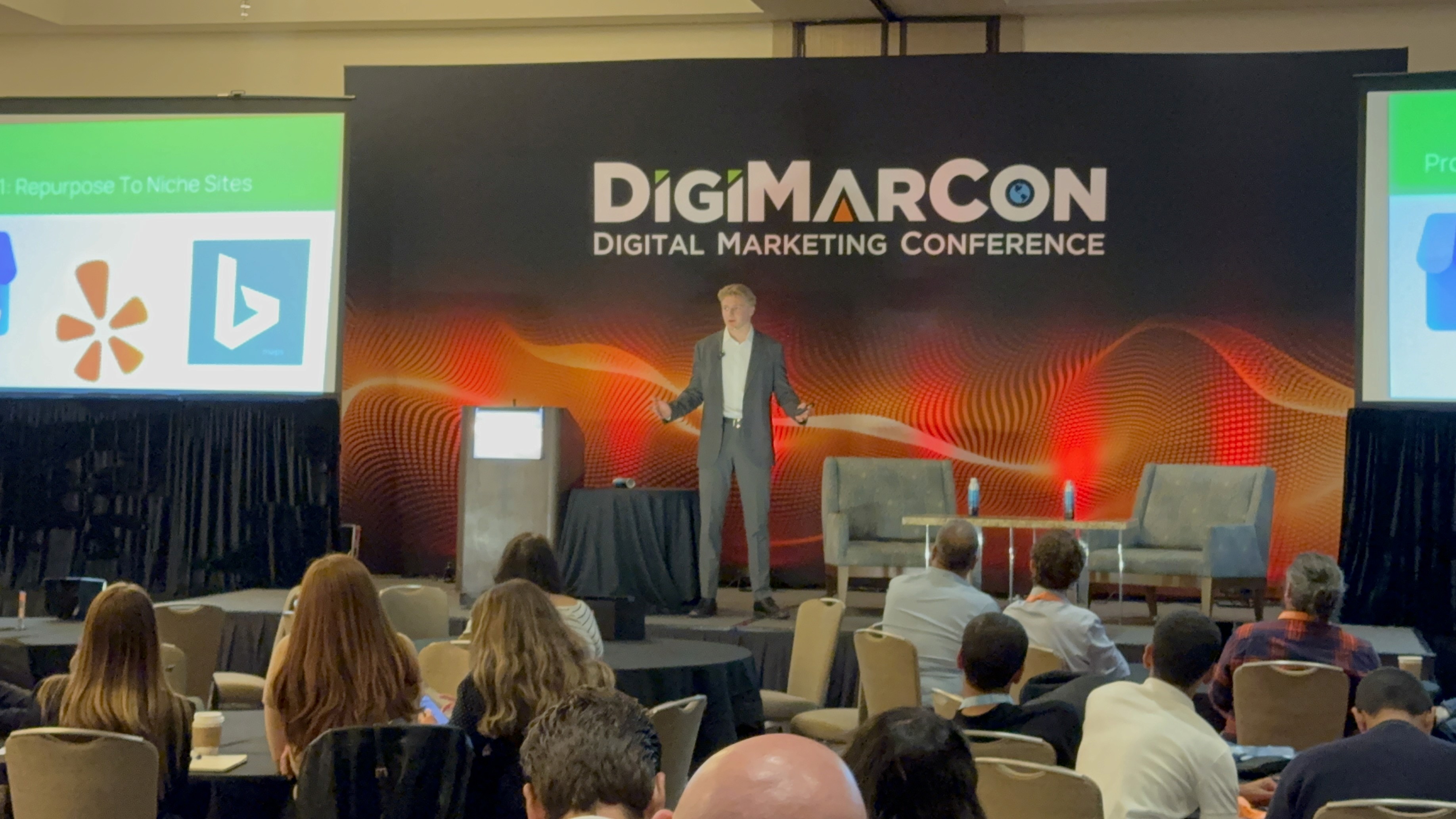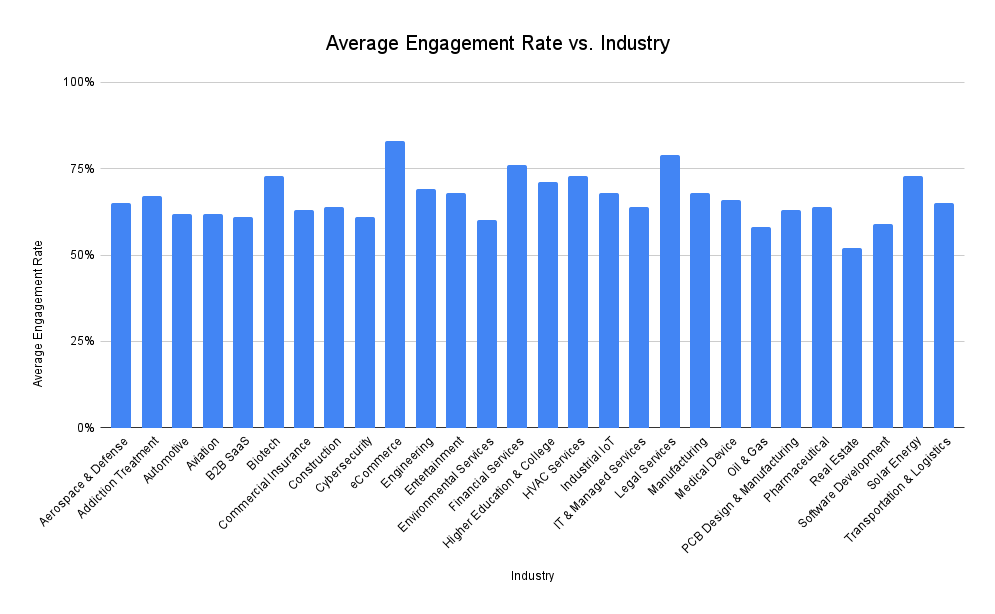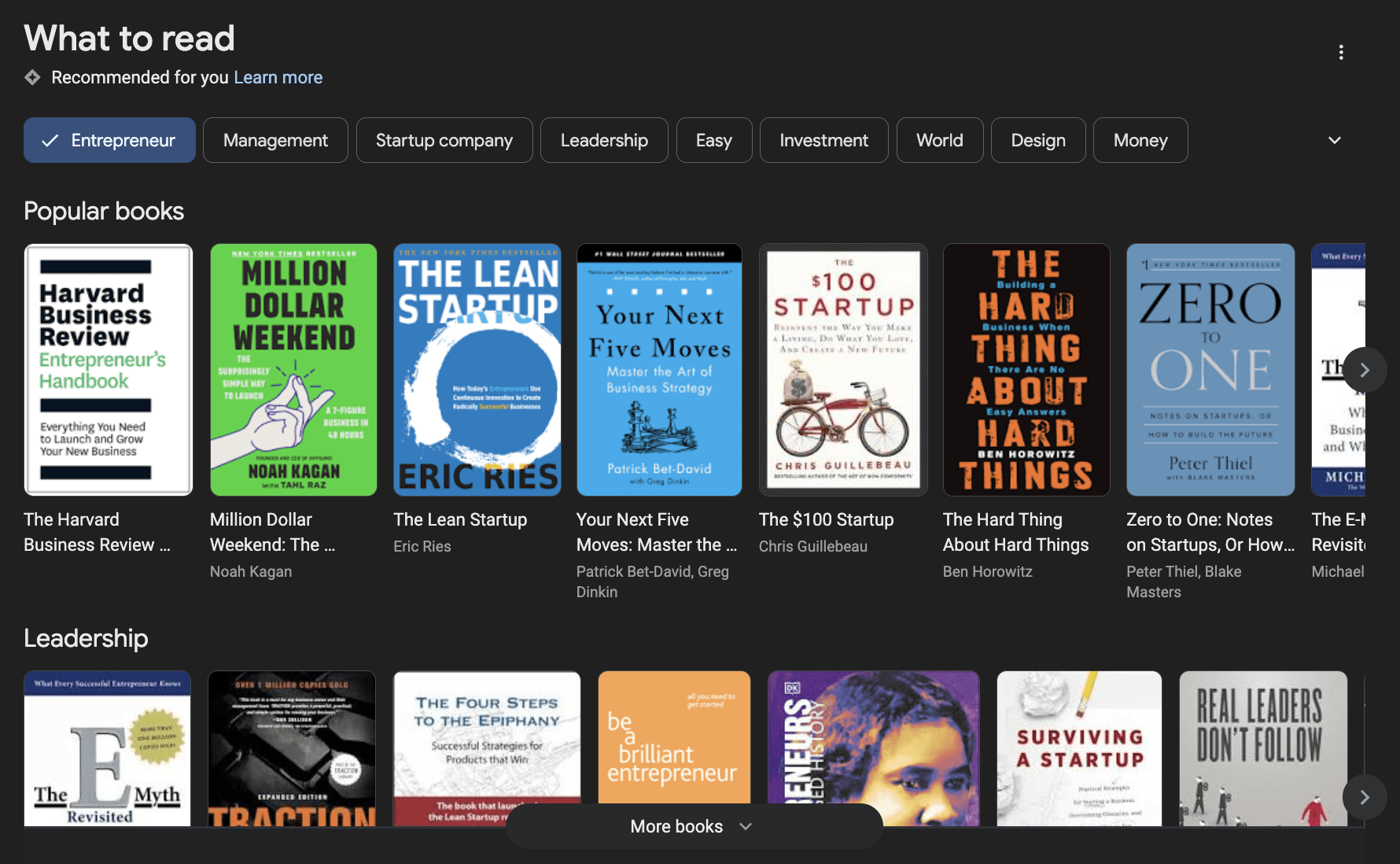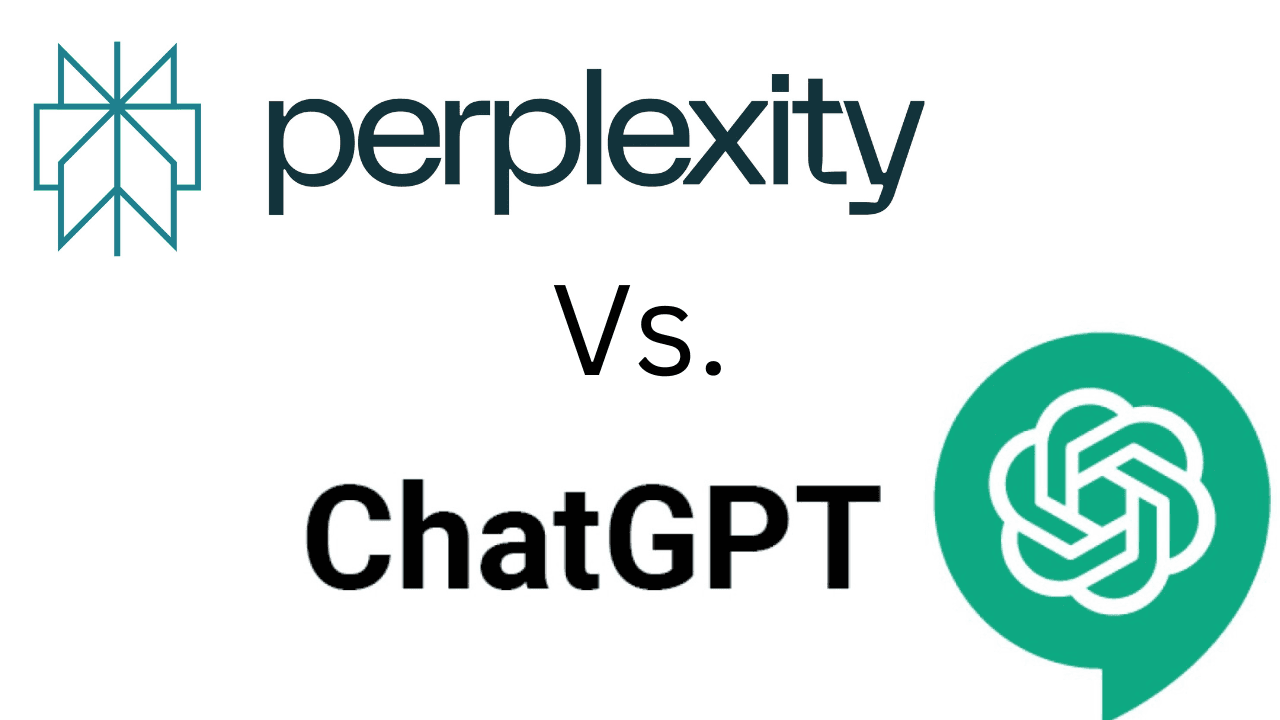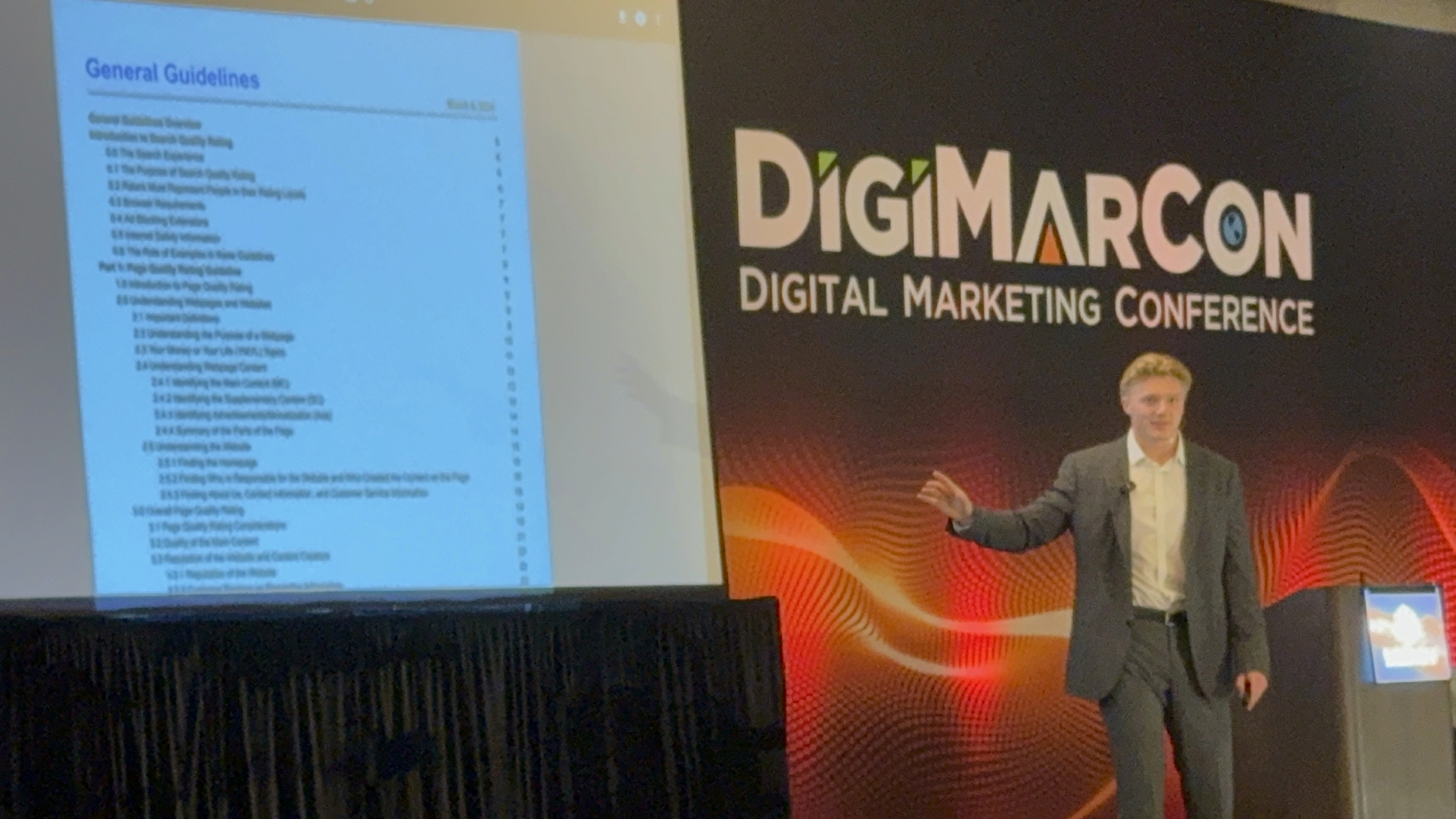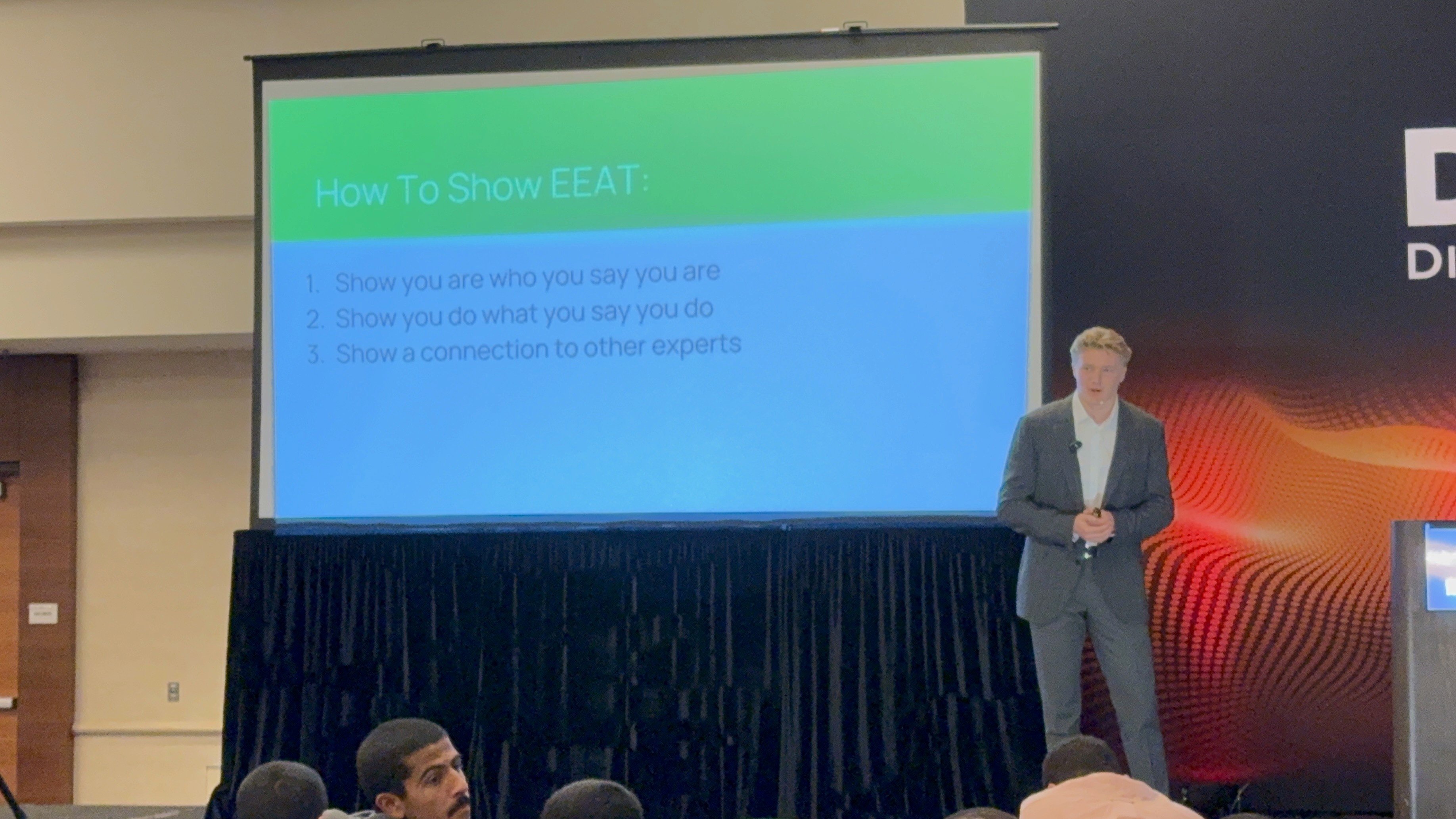Digital Marketing
Is Digital Marketing Legit? A Deep Dive Into Digital Marketing
Sep 26, 2024
As someone who’s been working in the marketing space for years, one question I often get is: Is digital marketing legit? With so many online marketing tactics out there, it’s understandable that people are skeptical. You’ve probably seen ads promising overnight success or huge returns with minimal effort, and that can make digital marketing seem too good to be true.
But here’s the truth: digital marketing is not only legit—it’s one of the most effective ways to grow a business in today’s world. The key is knowing how to do it right. In this post, I’ll break down why digital marketing is a legitimate strategy and how you can avoid the common traps that lead to disappointment.
/ / / / / / / /
1. What Exactly Is Digital Marketing?
Before we dive into whether digital marketing is legit, let’s clarify what it actually is. Digital marketing encompasses all marketing efforts that use the internet or an electronic device. It involves strategies like:
SEO (Search Engine Optimization): Optimizing your website to rank higher in search engine results.
PPC (Pay-Per-Click) Advertising: Running paid ads on platforms like Google, Facebook, and Instagram.
Social Media Marketing: Engaging with your audience on platforms like LinkedIn, Twitter, and TikTok.
Content Marketing: Creating valuable content like blog posts, videos, and infographics to attract and engage your audience.
Email Marketing: Nurturing leads and customers through targeted email campaigns.
Digital marketing allows businesses to connect with potential customers where they spend the most time—online. It’s all about using these tools and channels strategically to drive traffic, generate leads, and increase sales.
2. Why Digital Marketing Is Legit
Digital marketing is not a "get rich quick" scheme, but it is a proven and legitimate way to grow a business. Learning how to make money with digital marketing will end up growing your business way faster, so learn it ASAP. Here are some reasons why digital marketing works when done correctly:
a) Data-Driven Results
One of the best things about digital marketing is that it’s measurable. You can track almost every aspect of your campaigns—from how many people clicked on an ad to how many sales were generated from a specific email. This level of transparency allows you to adjust your strategies in real-time, ensuring you’re making decisions based on data, not guesswork.
In my experience, being able to measure and analyze performance is what makes digital marketing so powerful. You know exactly what’s working, and more importantly, what’s not.
b) Cost-Effective
Compared to traditional advertising methods like TV or print ads, digital marketing is much more cost-effective. With digital channels, you can start small, test different approaches, and scale up when you find what works. Even if you’re working with a limited budget, you can still reach a targeted audience and see results.
For instance, PPC advertising allows you to set a daily budget and only pay when someone clicks on your ad. This gives businesses of all sizes the flexibility to control their spending and maximize their ROI.
c) Targeted Audience Reach
One of the reasons I love digital marketing is the ability to target specific audiences. Whether it’s based on demographics, interests, location, or behavior, digital marketing platforms allow you to reach the exact people who are most likely to be interested in your product or service.
With traditional marketing, you’re often casting a wide net and hoping to catch some leads. But with digital marketing, you can focus your efforts on the people who are most likely to convert, which increases efficiency and reduces wasted ad spend.
d) It Levels the Playing Field
Digital marketing gives smaller businesses the chance to compete with larger corporations. You don’t need a massive advertising budget to make an impact. With the right strategies, even a small business can build a strong online presence, reach new customers, and grow steadily.
I’ve seen countless small businesses succeed through smart digital marketing efforts—whether it’s ranking well in local SEO or building a loyal social media following.
3. The Pitfalls to Watch Out For
While digital marketing is a legitimate and powerful tool, it’s important to avoid the common traps that can lead to disappointment. Here are some things to watch out for:
a) Unrealistic Promises
You’ve probably seen ads or services claiming to deliver instant results or guaranteed success. Be cautious of anyone promising overnight success. Digital marketing takes time, effort, and consistent optimization to yield results. There’s no magic bullet.
If something sounds too good to be true, it probably is. Be skeptical of companies or marketers offering guarantees, especially around things like ranking #1 on Google in a matter of days or generating massive amounts of traffic instantly.
b) Neglecting Strategy
One of the biggest mistakes I see businesses make is jumping into digital marketing without a clear strategy. Simply running ads or posting on social media isn’t enough—you need a comprehensive plan that aligns with your business goals.
A good digital marketing strategy includes clearly defined objectives, a deep understanding of your target audience, and consistent monitoring and optimization. Without a strategy, it’s easy to waste money and time on efforts that don’t drive results.
c) Not Giving It Enough Time
Digital marketing isn’t a quick fix. It takes time to build momentum, especially with channels like SEO and content marketing. Expecting instant results can lead to frustration. The most successful campaigns are those that are nurtured and refined over time.
I’ve seen businesses give up too quickly because they didn’t see immediate returns. But with patience and persistence, digital marketing can produce incredible results that compound over time.
4. How to Make Digital Marketing Work for You
So, if digital marketing is legit, how can you make sure it works for your business? Here are a few tips based on my experience:
a) Start Small and Test
One of the great things about digital marketing is that you can start small. Begin by testing different platforms and strategies, whether it’s running a small Google Ads campaign or experimenting with social media ads. Use the data to see what works, then scale up from there.
b) Focus on Your Audience
Understanding your target audience is key to any successful marketing campaign. Create buyer personas, understand their pain points, and tailor your messaging to meet their needs. The more relevant your content and ads are to your audience, the more likely they are to engage.
c) Optimize Constantly
Digital marketing is all about continuous improvement. Track your campaigns, analyze the results, and make adjustments where needed. This might mean tweaking your ad copy, changing your target audience, or adjusting your budget. The more you optimize, the better your results will be.
d) Combine Different Channels
To maximize your digital marketing efforts, use a combination of channels. SEO, social media, PPC, and email marketing all work best when used together in a cohesive strategy. This gives you multiple touchpoints with your audience and increases the likelihood of conversions.
Final Thoughts: Is Digital Marketing Legit?
Yes, digital marketing is absolutely legit. It’s a powerful tool for businesses of all sizes, offering the ability to reach a targeted audience, measure results, and scale efficiently. However, it’s not a magic solution—it requires strategy, effort, and time to see significant results.
If you’re ready to invest in digital marketing, my advice is to approach it with a solid plan, realistic expectations, and a willingness to adapt. When done right, digital marketing can transform your business and lead to sustainable growth.
Latest
More Blogs By Danny Leibrandt
Get the latest insights on business, digital marketing, and entrepreneurship from Danny Leibrandt.

























